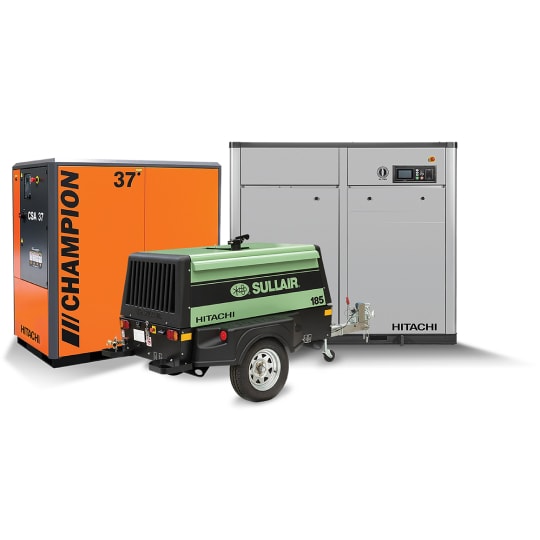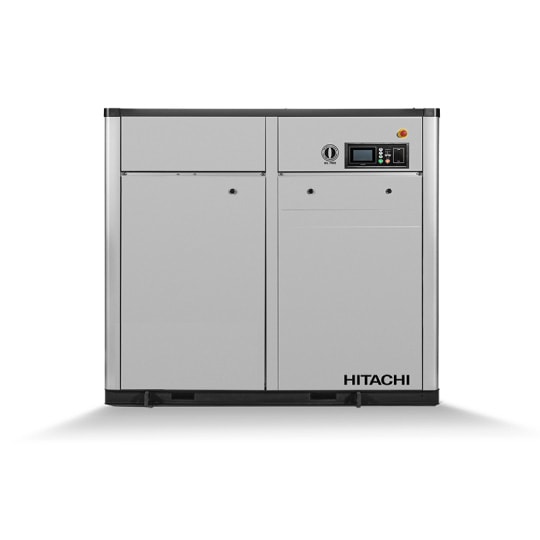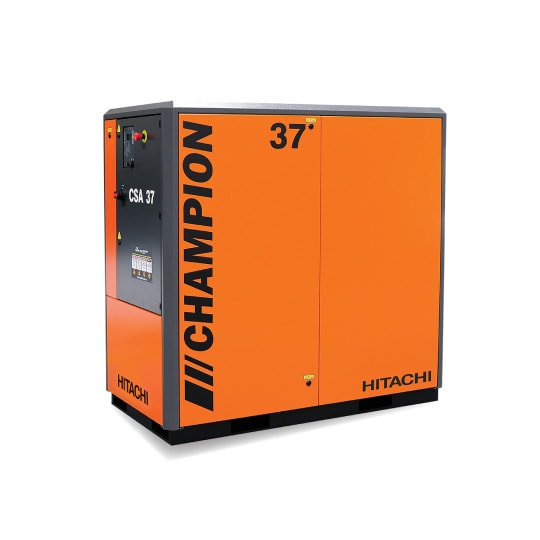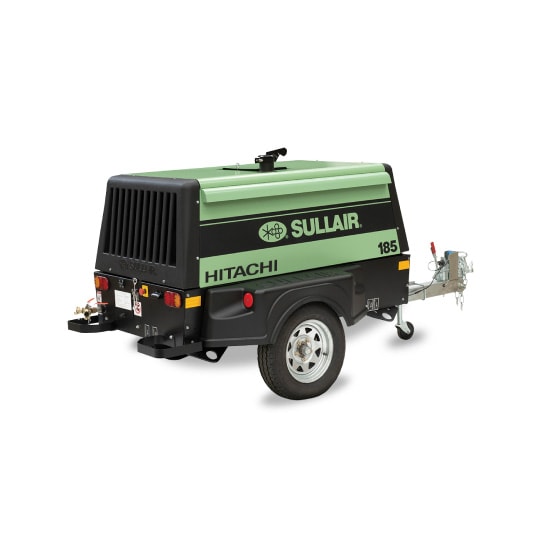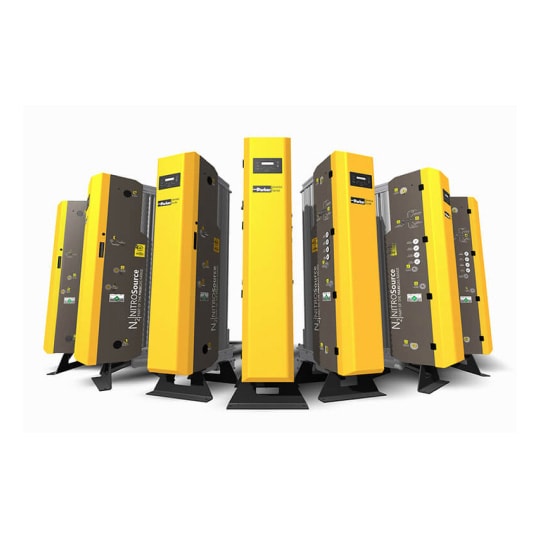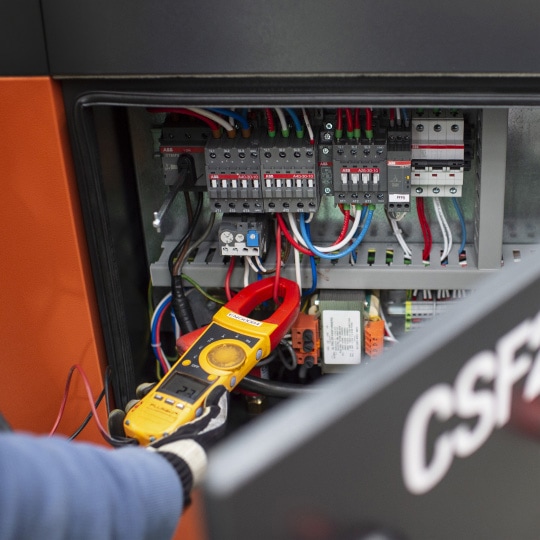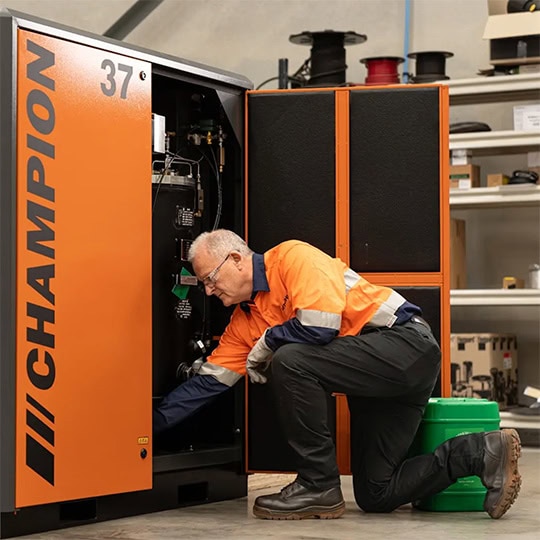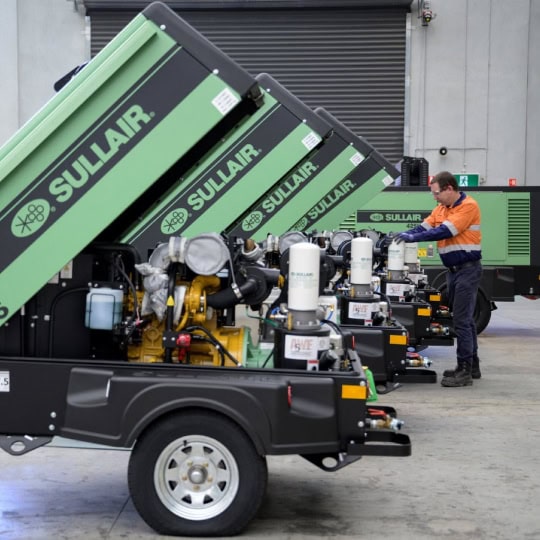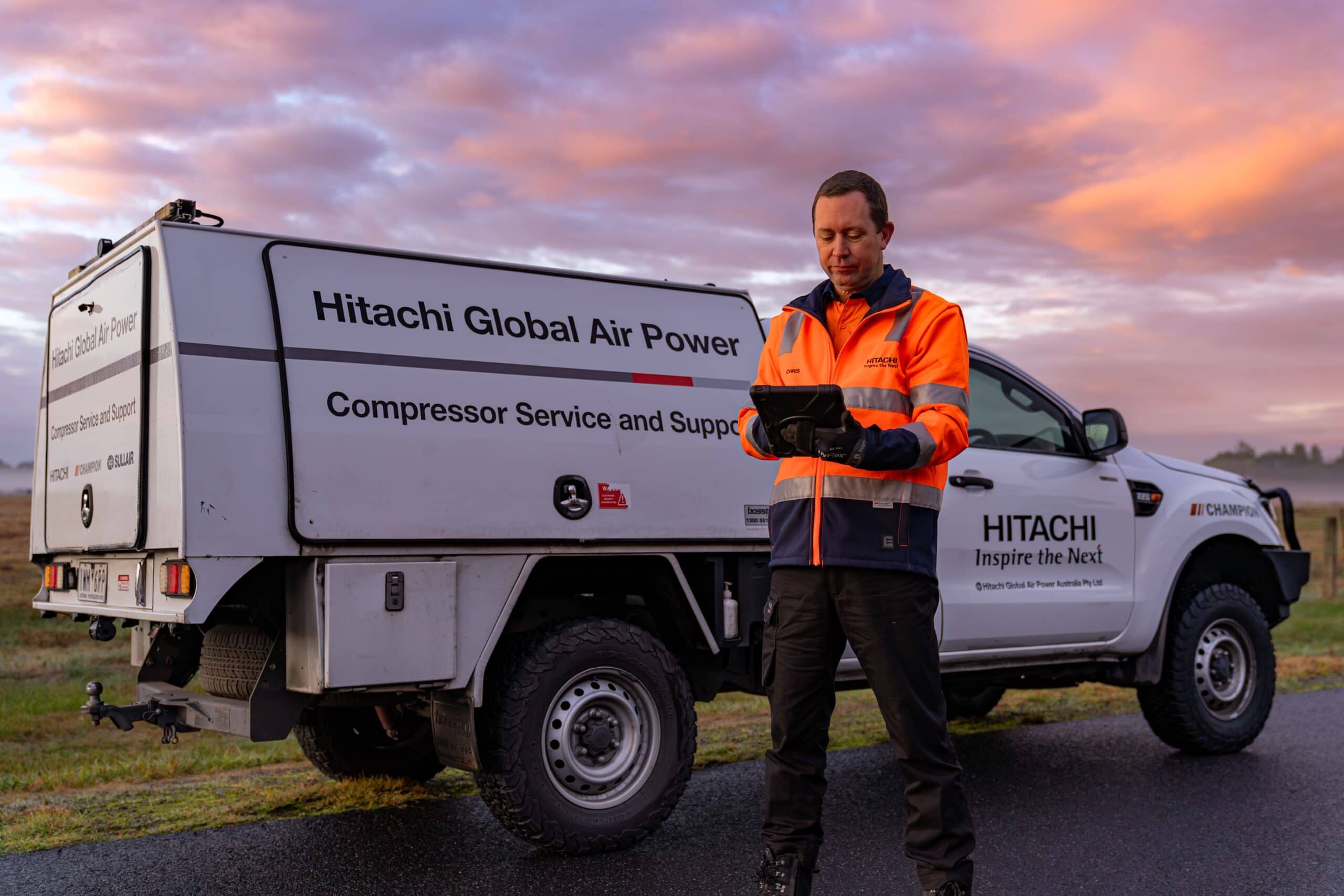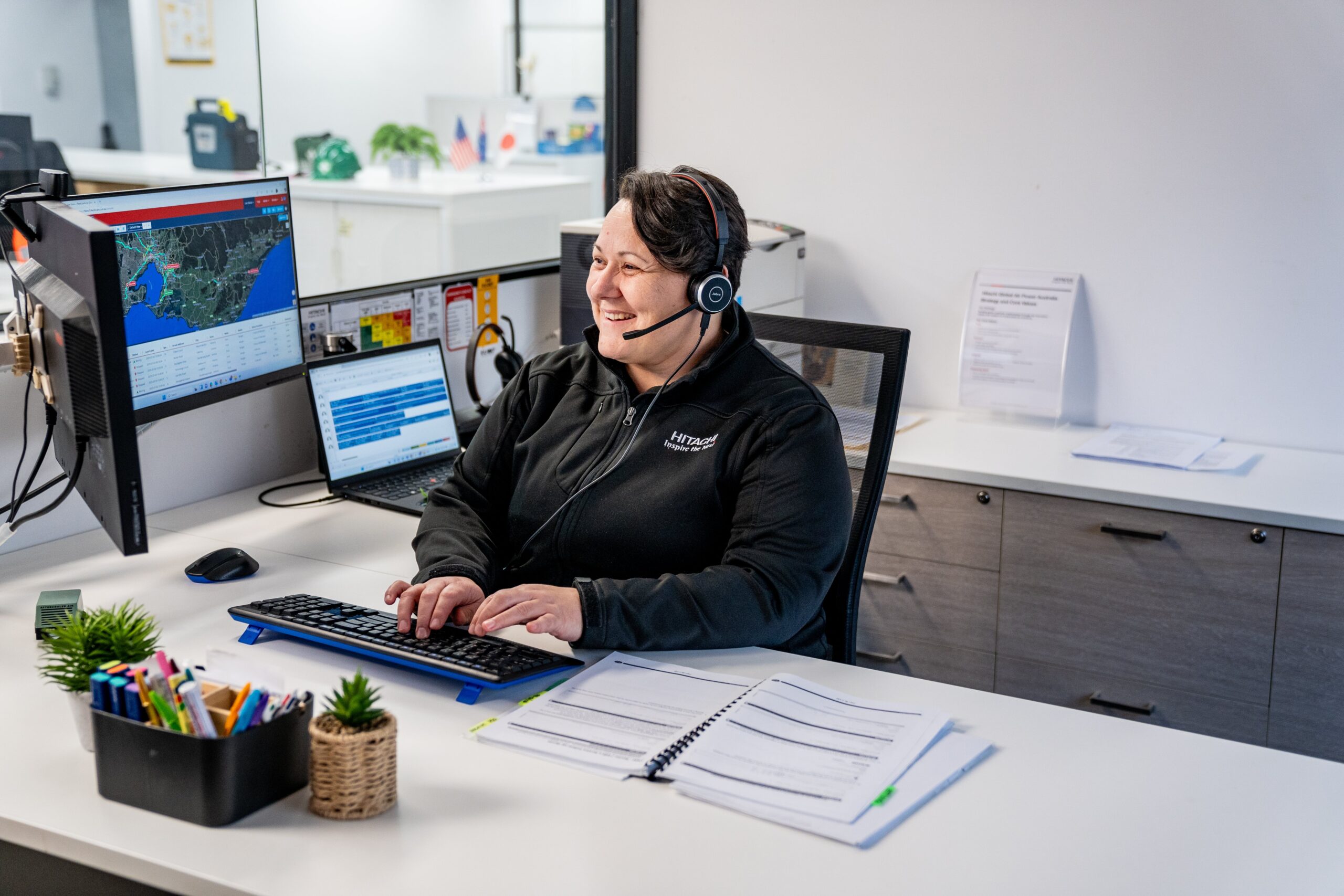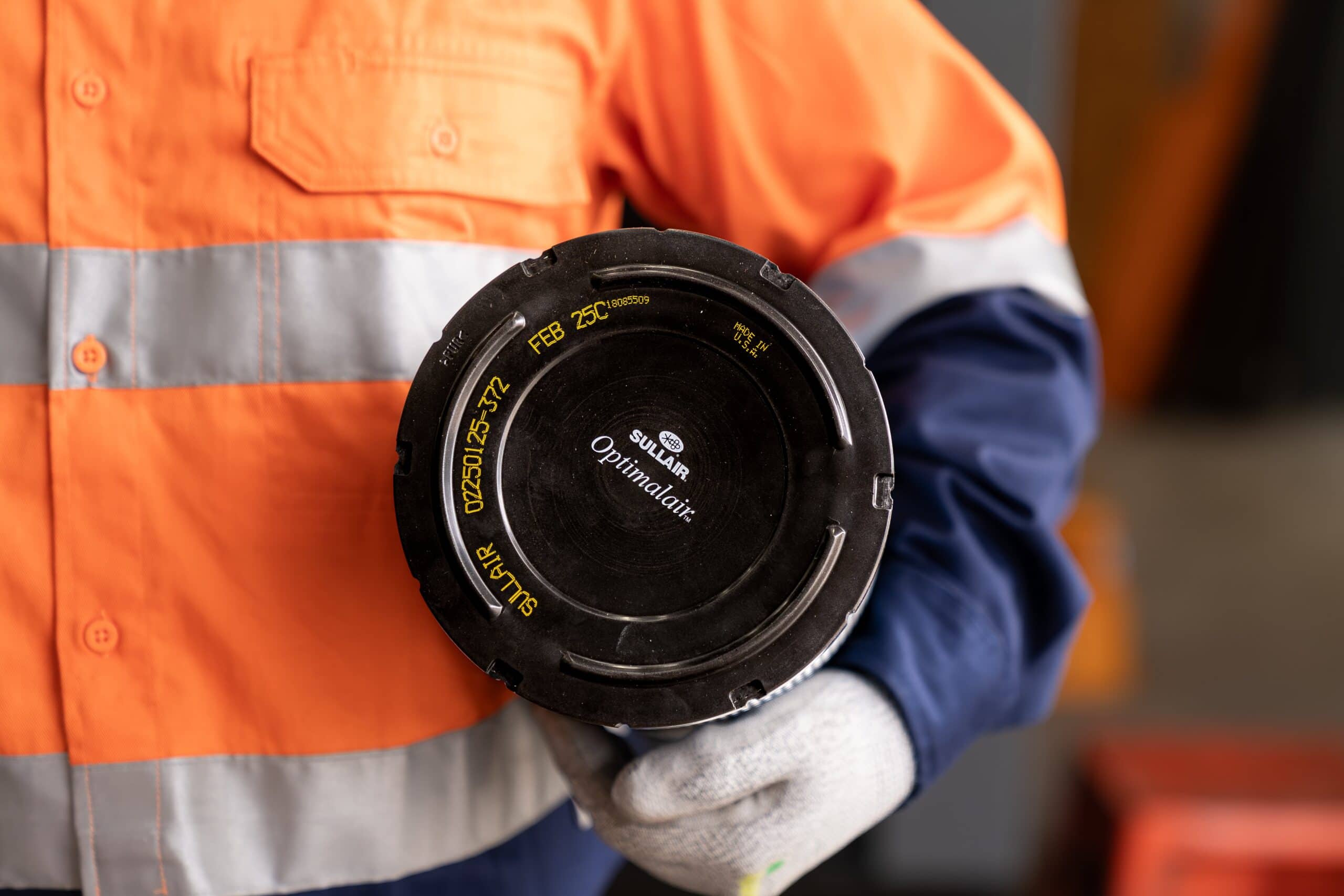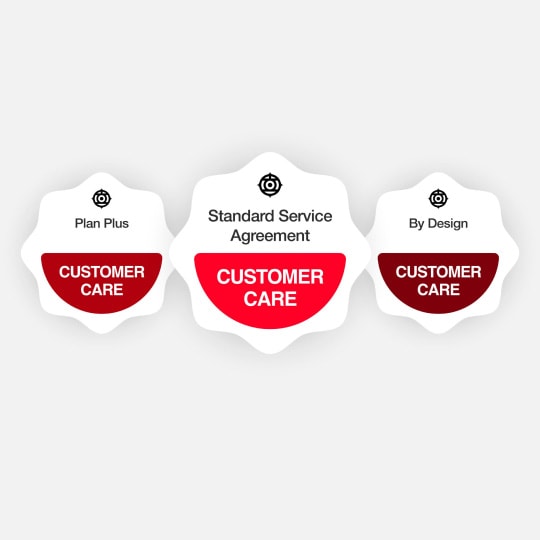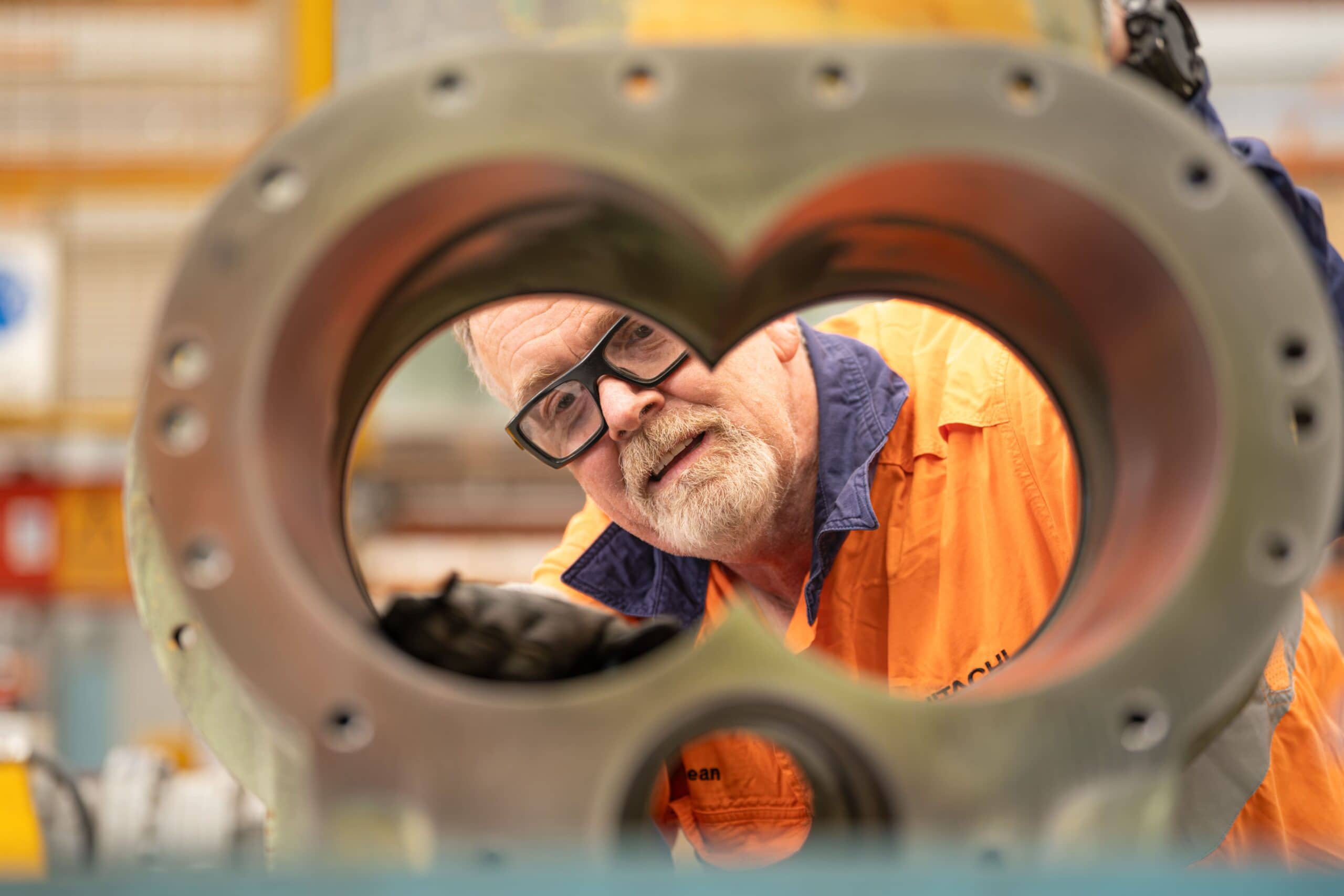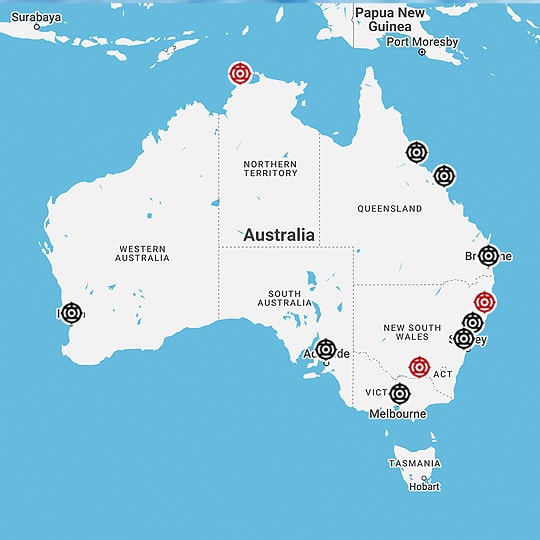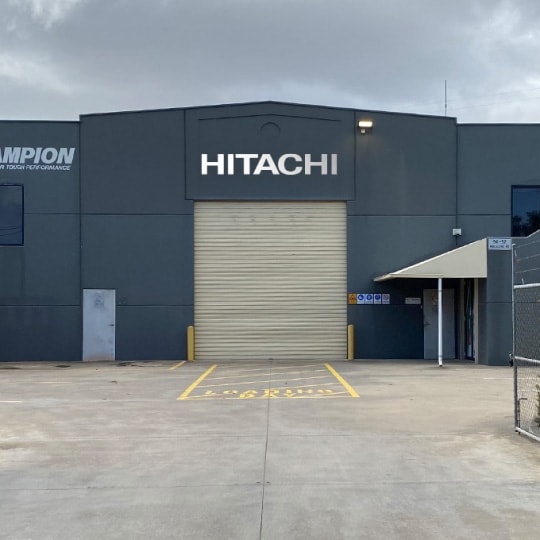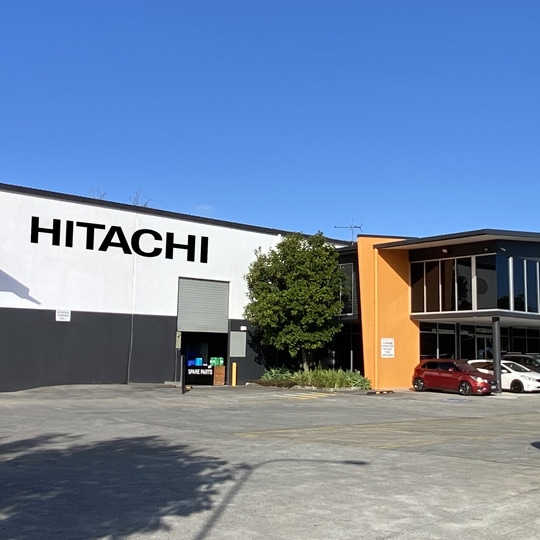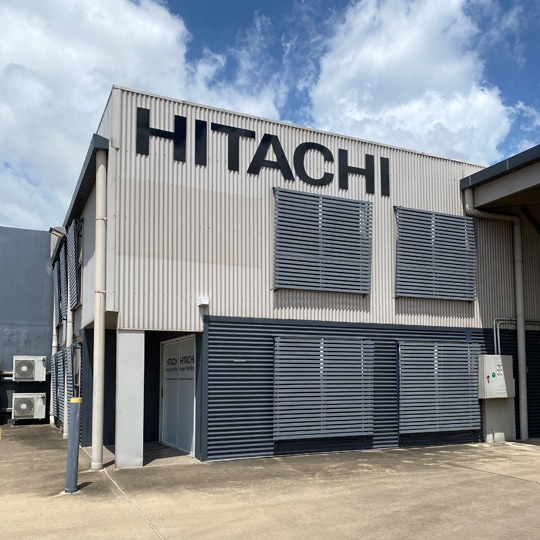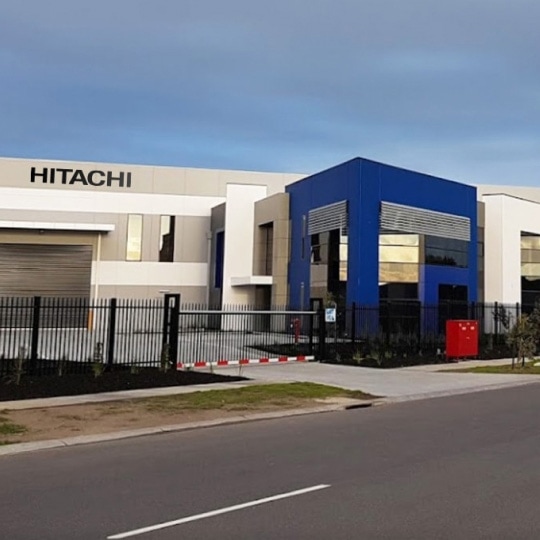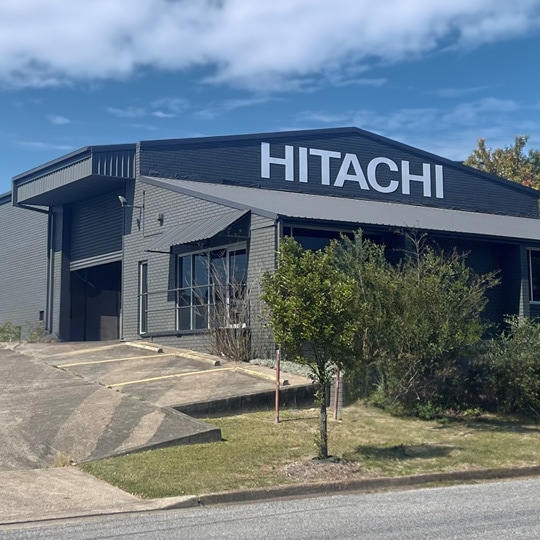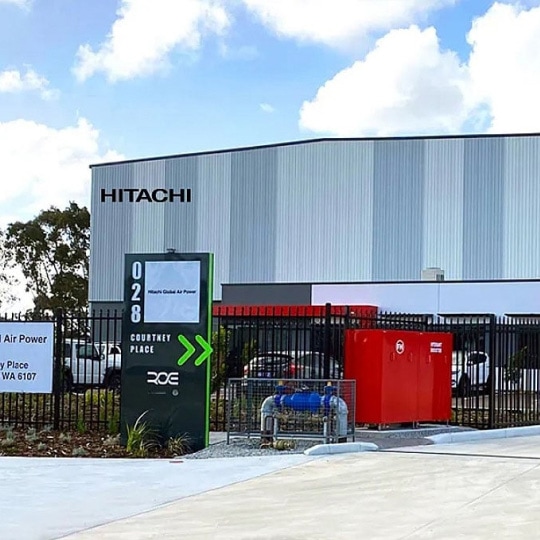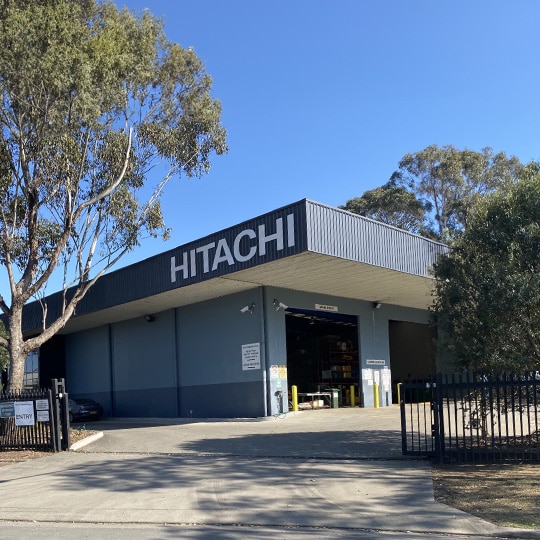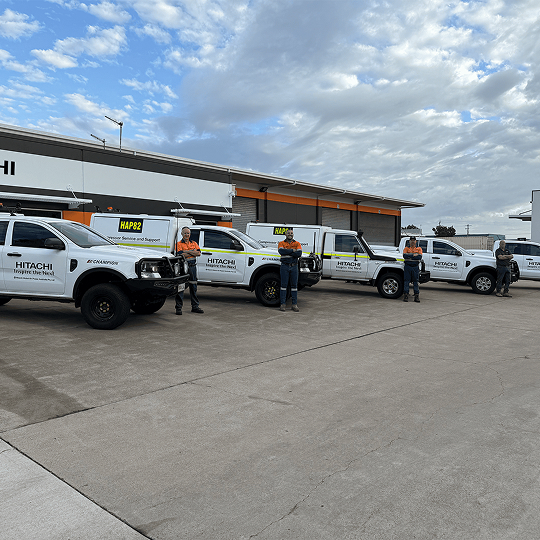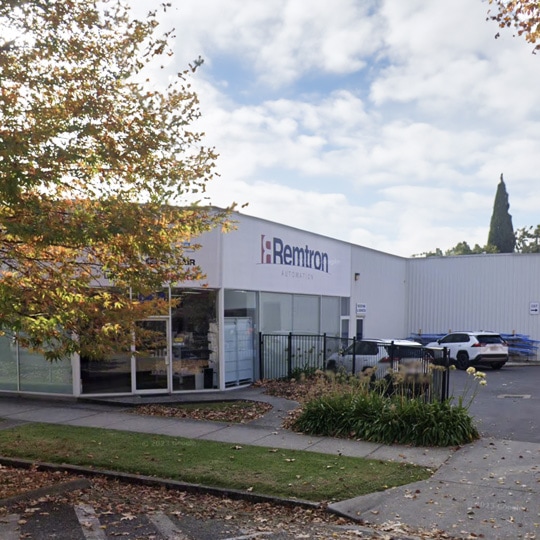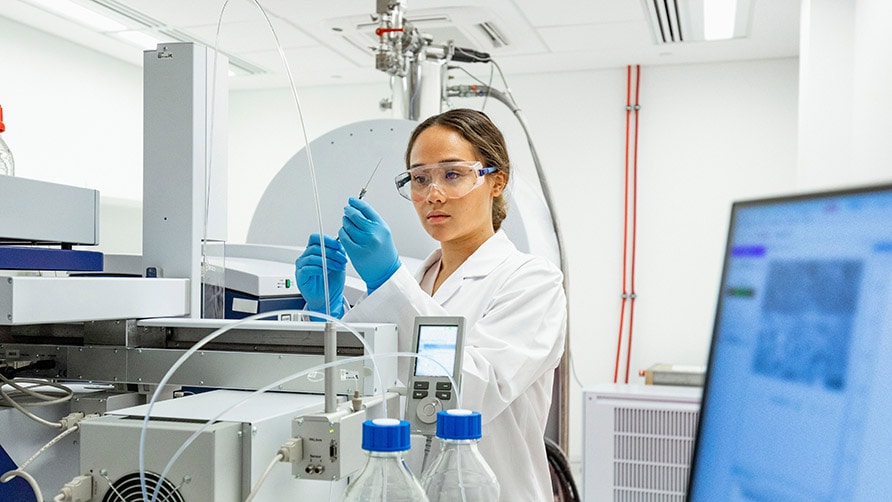
Hospital, healthcare and medical manufacturing facilities are highly regulated environments and along with key utilities such as water, electricity, and gas, an uninterrupted supply of medical grade air is essential for day-to-day operations.
Any breakdown or impact on its availability can have devastating consequences. When needs escalate above and beyond standard operations – for example during the COVID-19 pandemic – it is in these instances that the margin for error disappears.
Across the healthcare spectrum, facilities are powered by high quality, oil-free air compressors, used across a wide range of applications.
Applications
These include:
- manufacturing of medicines, medical devices, and other equipment
- medical grade air for ventilators and surgical procedures
- air filtration and decontamination
- cleaning and disinfection of facilities and equipment
- primary gas source for laboratory test equipment
- energy source of equipment and tools
- function of equipment and tools
- general maintenance and repairs
Special circumstances (such as a global pandemic) reveal the limitations of a facility’s compressed air capacity – limitations that may not have been previously evident. In major hospitals and pharmaceutical manufacturing plants for example, there is almost always a main or ‘duty’ system in place, along with a backup or ‘stand by’ system. So, for these kinds of major facilities, investment in inventory is crucial. Smaller facilities however such as super clinics, day surgeries, GP clinics and so on, will rarely have this precautionary system in place; a compressor breakdown in a regional day surgery with an overburdened patient load can become a huge problem.
Compressed air systems that don’t deliver can have a massive impact on operating costs, as well as detrimentally affecting the quality of products (in the case of pharmaceutical manufacturing) and affect lab test results.
Compressed air systems will not deliver when:
- compressed air equipment is incorrectly sized
- the wrong technology is selected
- there are missing features and/or options
- there are connectivity issues
- they are not installed correctly
- there has been a lack of servicing
Safety is key
The safety considerations must be given utmost consideration – especially when it comes to medical grade air being used as part of a breathing package for ventilation and patient care. Not only does the hospital environment require clean, oil-free air, the air must also be dry enough to conform to standards and regulations. Moisture content in compressed air can be critical for some industries. Hospitals would typically require extremely dryer air at around -40°C Pressure Dew Point. Depending on the actual application some pharmaceutical plants would also require -40°C and be suitable for up to 3°C (less stringent specifications). The effects of moisture levels in compressors can be detrimental to some equipment (i.e. valves dysfunctioning), provoke rust to develop and potentially create an environment that encourages the growth of unsafe bacteria.
The implications for major pharma companies with comprehensive medicine portfolios should not be underestimated. Their success is utterly dependent on consistent and reliable high-quality air for day-to-day operations, but even more so when increased demand for air may be anticipated. For this reason, it’s necessary to identify when compressors become inefficient and upgrade to state-of-the-art oil-free compressed air technology. Upgrades may range from installation of previously unavailable parts, replacement of old non-compliant equipment, or provision of a standby system as protection.
Premium service and support are essential
This is why reliable equipment, support and service for compressors units is essential. Jean-Philippe Leclercq is Sullair’s oil-free air specialist for the Southern Regions and he works closely with Sullair’s hospital, healthcare and pharmaceutical customers. “Our approach is always to listen to our customer’s expectations and requirements, and to get a thorough understanding of the application. This ensures we recommend the most suitable oil-free technology and supply the most reliable and efficient package.”
A turnkey solution in many of these instances is one that will provide premium air quality (Class Zero), low and stable pressure dew point (in line with pharmaceutical company strict standards), significant energy savings, along with the reliability, performance and service support that should be expected.

